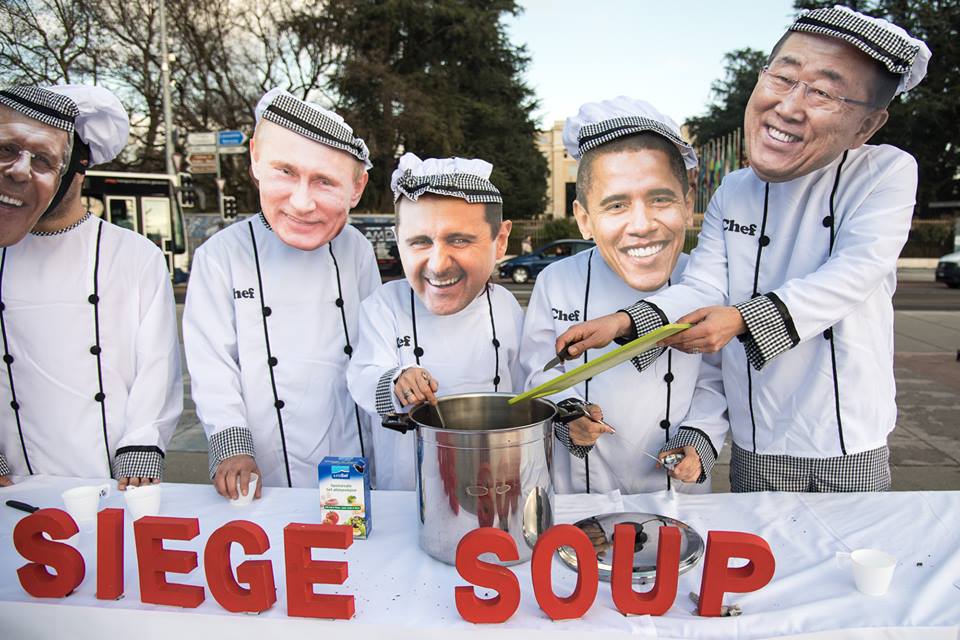By Brittani Howell
Impunity Watch Reporter, The Middle East
CAIRO, Egypt – The body of an Italian student was found on Thursday in a ditch on the outskirts of Cairo. The student, 28-year-old Giulio Regeni, was last seen at 7pm on January 25, 2016, the fifth anniversary of the uprising, as he was headed to a friend’s birthday party.

Mr. Regeni’s body was found half-naked with “evident signs of torture,” namely cigarette burns and head wounds. The Egyptian prosecutor in charge of the investigation, Ahmed Nagy, stated that “there were bruises all over the body, swelling in the hands, and wounds on the face and head.” This form of torture is a signature of a form of abuse associated with the Egyptian security forces. An autopsy revealed that the cause of death was from internal bleeding due to a beating to the head.
All of the findings so far have been preliminary. Forensic authorities have yet to release a final report on the incident. Prior to the autopsy, the deputy heard of criminal investigations in Cairo, Alaa Azmi told the Associate Press that, “What we know is that this is an accident.” However, Nagy told CNN that the, “Initial inspection of the body indicates that (this) was no accident.”
Paolo Gentiloni, the Italian foreign affairs minister, stated, “We want the truth to come out, every last bit of it.” He continued, “We owe that much to a family that has been stricken in an irreparable way and, at the very least, has the right to know the truth.
Mr. Regeni was a doctoral candidate at Cambridge University. He had arrived in Cairo to research informal labor organization and to improve his Arabic. He was aware of the politically sensitive nature of his research and according to his supervisor at the American University in Cairo, “He steered clear of anything politicized” and was cautious in his work.
It has not been ruled out that Mr. Regeni’s death was the result of a random criminal act, either a failed kidnapping or a militant act.
Gentoli stated, “Obviously, we are very upset for what happened, and we asked the Egyptian government to cooperate and to allow the Italian authorities to be involved in the inquiry to understand what happened there.” Egyptian President, Abdel Fattah el-Sisi ensured that Egyptian authorities will pay, “the utmost attention to investigating the incident.”
Egyptian novelist, Ahdaf Soueif, stated on her Facebook page that there was, “something so extra sad about a person who comes to Egypt in good faith to live and study and gets caught in a nightmare, this obtuse and brutal thuggery that’s the undertone of our lives here today.”
For more information, please see:
CNN – Italian Student Who Went Missing in Cairo Found Battered and Dead – 4 February 2016
Reuters – Body of Italian Student Shows Signs of Torture: Egyptian Officials – 4 February 2016
The New York Times – An Italian’s Brutal Death in Egypt Chills Relations – 4 February 2016
The Washington Post – Italian Student’s Battered Remains Reveal Torture and ‘Slow Death,’ Egyptian Prosecutor Says
– 4 February 2016


